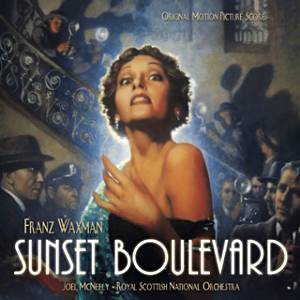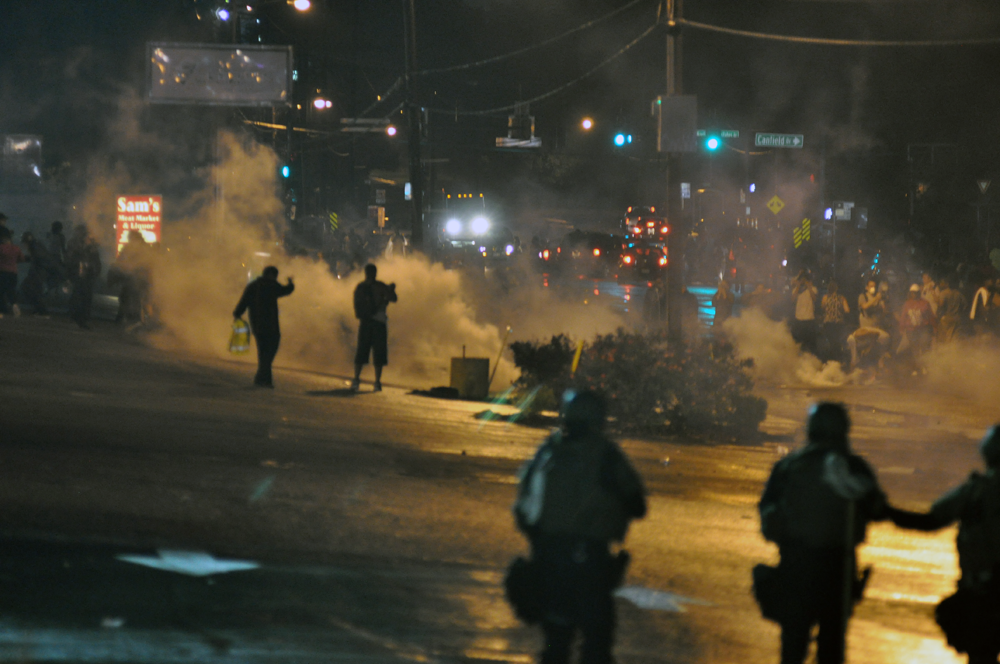 "Write what you know!" That old cliche gets trotted out regularly. Now usually it's meant as an encouragement, but it's also used to set up (and even justify) limitations. I've had people seriously ask how I could teach World History without having visited every country in the world. I've talked to writers who seriously said that they couldn't write about a ski bum or a serial killer or a heartbroken mother of a dying child because they'd never experienced that.
"Write what you know!" That old cliche gets trotted out regularly. Now usually it's meant as an encouragement, but it's also used to set up (and even justify) limitations. I've had people seriously ask how I could teach World History without having visited every country in the world. I've talked to writers who seriously said that they couldn't write about a ski bum or a serial killer or a heartbroken mother of a dying child because they'd never experienced that. My response to the first is, "Does a medieval historian have to go to the Middle Ages?" [Perennial note to self: get a Tardis. NOW.]
And my response to the second is, Emily Bronte, Emily Dickinson, and Flannery O'Connor.
 Or Terence:
Or Terence: "I am a human being, I consider nothing that is human alien to me."
--Terence, The Self-Tormenter (163 BCE)
Or Walt Whitman:
Or Walt Whitman:
"I am large; I contain multitudes."
--Walt Whitman, Song of Myself (1892 CE)
We are (almost) all born with the same emotional equipment. Love, jealousy, envy, happiness, sadness, depression, joy, verve, hatred, need, greed, etc. You want to know how someone else feels? Pay attention. To them and yourself. Look inside and amplify (or de-amplify) as necessary. Everything that happens starts inside the human heart and mind. If we're lucky, not all of it gets out, except in fiction.
 But seriously, think about writers: Besides absolute loners like the Brontes and Emily Dickinson, there are many others who wrote amazingly atypical stuff. In real life, Conan Doyle had far more in common with Dr. Watson than Mr. Holmes. By all accounts Margaret Mitchell was neither a bitch nor lived during the Civil War. Elizabeth George is neither a viscount nor a working class frump, and she's never lived in England. Patricia Highsmith never actually killed anybody, although I understand that some people wanted to kill her. Ray Bradbury never drove a car. Rex Stout was happily married (at least the 2nd time), and fairly thin. Our own Janice Law has never been a male gay artist of extremely unconventional genius with a liking for rough trade. (That or she has the most fantastic disguise in history.) It's called imagination. And observation. And mulling things over. And wondering... That's why we write.
But seriously, think about writers: Besides absolute loners like the Brontes and Emily Dickinson, there are many others who wrote amazingly atypical stuff. In real life, Conan Doyle had far more in common with Dr. Watson than Mr. Holmes. By all accounts Margaret Mitchell was neither a bitch nor lived during the Civil War. Elizabeth George is neither a viscount nor a working class frump, and she's never lived in England. Patricia Highsmith never actually killed anybody, although I understand that some people wanted to kill her. Ray Bradbury never drove a car. Rex Stout was happily married (at least the 2nd time), and fairly thin. Our own Janice Law has never been a male gay artist of extremely unconventional genius with a liking for rough trade. (That or she has the most fantastic disguise in history.) It's called imagination. And observation. And mulling things over. And wondering... That's why we write.
NOTE: "Just because it leaps into your head doesn't mean you have to DO it," is an observation I keep trying to share with my friends at the pen. One of the main differences between (most) writers and (most) criminals is that writers have the ability to delay gratification. (Per word, per piece, perhaps....)
 But seriously, think about writers: Besides absolute loners like the Brontes and Emily Dickinson, there are many others who wrote amazingly atypical stuff. In real life, Conan Doyle had far more in common with Dr. Watson than Mr. Holmes. By all accounts Margaret Mitchell was neither a bitch nor lived during the Civil War. Elizabeth George is neither a viscount nor a working class frump, and she's never lived in England. Patricia Highsmith never actually killed anybody, although I understand that some people wanted to kill her. Ray Bradbury never drove a car. Rex Stout was happily married (at least the 2nd time), and fairly thin. Our own Janice Law has never been a male gay artist of extremely unconventional genius with a liking for rough trade. (That or she has the most fantastic disguise in history.) It's called imagination. And observation. And mulling things over. And wondering... That's why we write.
But seriously, think about writers: Besides absolute loners like the Brontes and Emily Dickinson, there are many others who wrote amazingly atypical stuff. In real life, Conan Doyle had far more in common with Dr. Watson than Mr. Holmes. By all accounts Margaret Mitchell was neither a bitch nor lived during the Civil War. Elizabeth George is neither a viscount nor a working class frump, and she's never lived in England. Patricia Highsmith never actually killed anybody, although I understand that some people wanted to kill her. Ray Bradbury never drove a car. Rex Stout was happily married (at least the 2nd time), and fairly thin. Our own Janice Law has never been a male gay artist of extremely unconventional genius with a liking for rough trade. (That or she has the most fantastic disguise in history.) It's called imagination. And observation. And mulling things over. And wondering... That's why we write.
Look, there's nothing new under the sun. Humans are humans (including Neanderthals). Everyone on Jerry Springer could be any of us, given the wrong circumstances and a complete lack of self-control in public. There are really no new plots, which is a godsend to those of us who scramble to figure out not whodunnit but how the heck they did it. My story "Sophistication" used a 4,000 year old plot device and I'm damned proud of it. And if the news is quiet, and you just can't think of a reason why someone would commit a violent act, consider Steven Pinker's breakdown of the Five Inner Demons from his book, "The Better Angels of Our Nature":
- Practical violence (means to an end)
- Dominance violence (the quest for authority, prestige, power, glory, etc.)
- Revenge
- Sadism
- Ideology
There's a list to haunt your dreams.
 |
| James Joyce, painted by Patrick Tuohy in Paris, 1924 |
Write what you know? Honey, we can know anything we want. We just have to put it together. Excuse me, I have to get writing!

























